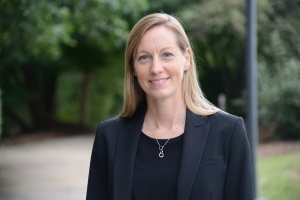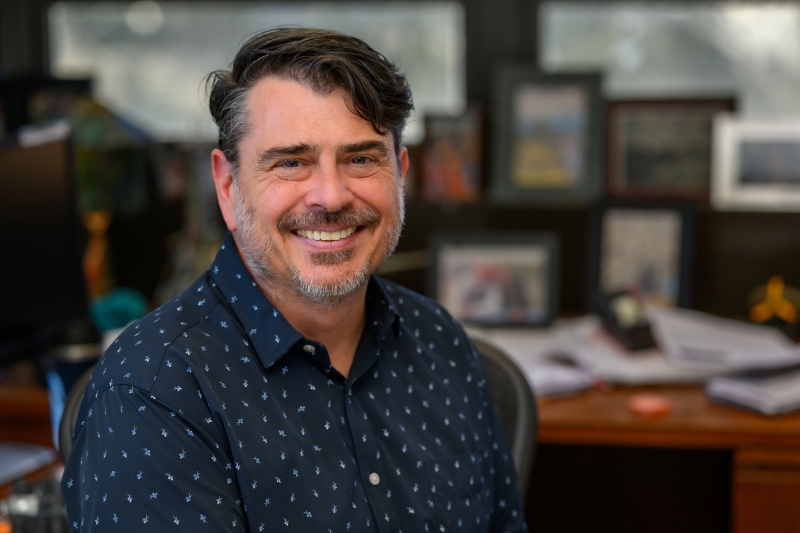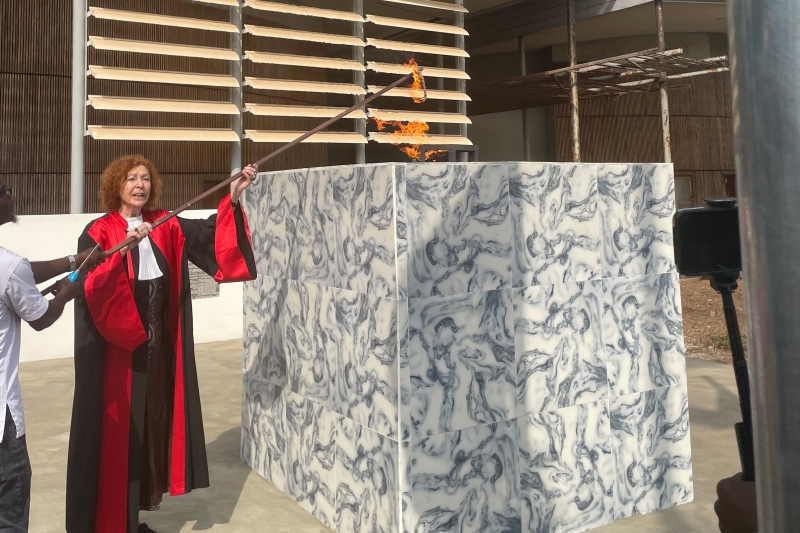
Mark Drumbl Helps Honor Legacy of Sierra Leone Special Court Professor Mark Drumbl participated in a conference examining the legacy of the international court that prosecuted war crimes.
In February, Washington and Lee law professor Mark Drumbl traveled to Freetown, Sierra Leone to participate in a conference to honor the legacy of the Residual Special Court for Sierra Leone (RSCSL), the international court that prosecuted four cases involving war crimes and crimes against humanity committed in that country in the 1990s and early 2000s.
More than 250 prominent jurists, diplomats, legal scholars, students, and activists from Sierra Leone and abroad met to examine the Special Court’s legacy, to share experiences and insights, and to chart a way forward for international justice. Keynote speakers were Sierra Leone’s Vice President, Dr. Mohamed Juldeh Jalloh and UN Assistant Secretary-General for Legal Affairs Mr. Stephen Mathias.
Drumbl was invited to chair a panel discussion of all the judges, and he also presented his work on the ability of lawyers and courts to serve as curators of memory and administrators of archives. The event also included visits to the Memorial Peace Gardens in Freetown that honor victims as well as the lighting of the Flame of Justice before the courthouse.
Drumbl is the Class of 1975 Alumni Professor of Law and Director of the Transnational Law Institute. His research and teaching interests include public international law, global environmental governance, international criminal law, post-conflict justice, and transnational legal process. His work has been relied upon by the Supreme Court of Canada, the United Kingdom High Court, the United States Federal Court, and the Supreme Court of New York. Drumbl’s recent publications involve completed and forthcoming books critically considering the status of informers in totalitarian regimes and the way the law perceives violence perpetrated by children.
If you know any W&L faculty who would be great profile subjects, tell us about them! Nominate them for a web profile.
 Mark Drumbl
Mark Drumbl Lighting of the Flame of Justice
Lighting of the Flame of Justice
You must be logged in to post a comment.